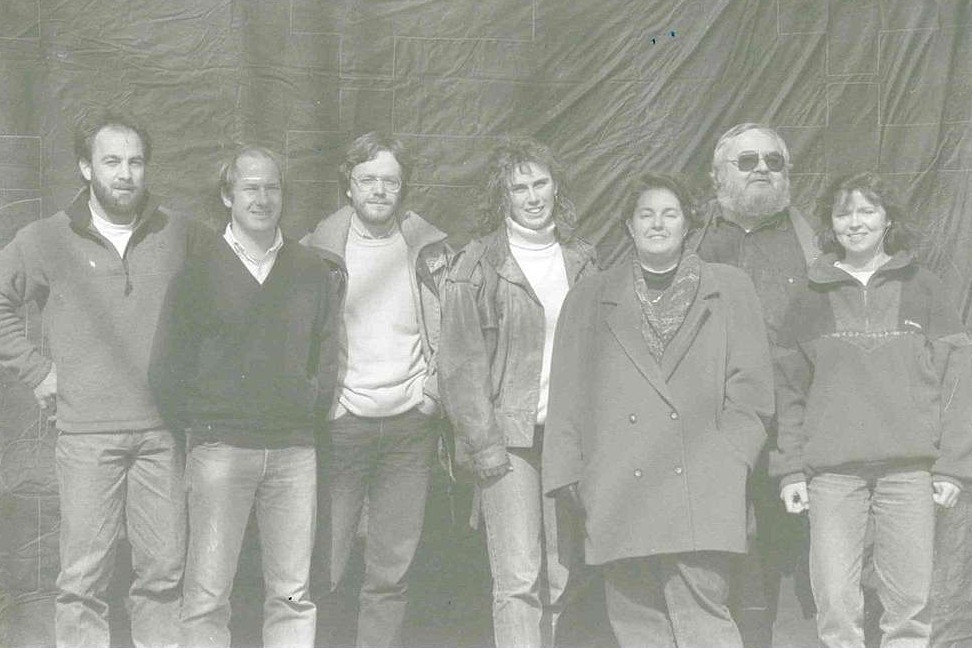Radical and non-violent, Greenpeace was founded on 15 September 1971 with the idea of sending a boat to stop American nuclear tests in Alaska. In Luxembourg, the NGO, which is celebrating its 50th anniversary, was founded in 1984 under the impetus of a group of young people, including Roger Spautz, who still works in the Luxembourg branch as an anti-nuclear campaigner.
How did the Greenpeace Luxembourg branch come into being?
Roger Spautz: We were a small group of about half a dozen people who were already committed all over the place, against nuclear power, for peace, for the protection of the environment and nature. We knew each other and had seen articles about Greenpeace. We were interested in how it worked and we quickly realised that it was an organisation where people acted instead of just talking. We contacted Greenpeace France and Hamburg to see if it was possible to open a branch in Luxembourg.
What are the most memorable actions of Greenpeace in Luxembourg?
The actions against the nuclear power plant in Cattenom. It is not in Luxembourg, but we are obviously concerned. In the 1990s, we took action against DuPont de Nemours, which at the time used substances that were harmful to the ozone layer in the manufacture of Tyvek. The manufacturer subsequently decided to change these substances. We can also be happy that no GMOs are used in Luxembourg.
With 20 people in the Luxembourg branch, does Greenpeace have enough resources to organise major actions?
Yes, I think so. We have the means to act even if today we work differently, compared to the 1980s and 1990s. We do extra work at political level, in the media and social networks. We also participate in international conferences. The work is broader and more complex than 30 or 50 years ago.
Overshoot Day shows that Luxembourg is not a very good pupil when it comes to consuming the Earth's resources. And yet, the country has never invested so much in the ecological and climate transition...
Efforts have been made... but with a 20-year delay. This is not unique to Luxembourg, it is the case in many countries. Politicians have reacted far too late. For at least 30 years we have been talking about the risks of climate change. We have been talking about the need to invest in renewable energies for a long time. Politicians have done some studies on the issue, but for years nothing has happened. There are some initiatives from individuals, but change needs to happen in all sectors.
We have recently seen young people become more vocal on the climate issue. Is Greenpeace, at 50 years old, still in tune with these young people?
Other organisations and young people whose raison d'être is climate action are complementary to the work of Greenpeace. We are always available to help, advise or support them to work together. It is good to see young people speaking out because for a long time in Luxembourg there was no youth movement on the climate issue.
In Luxembourg, what are the main priorities of Greenpeace at the moment?
As in other countries, it is climate change. It is a complex and global issue, but every country has to contribute to it. In Luxembourg, there is also an important financial sector that must play a role by investing more in companies with values and actions that are favourable to climate change and no longer in fossil fuels and activities that accelerate climate change.
This article in French on Paperjam.lu. It has been translated and edited for Delano.lu
